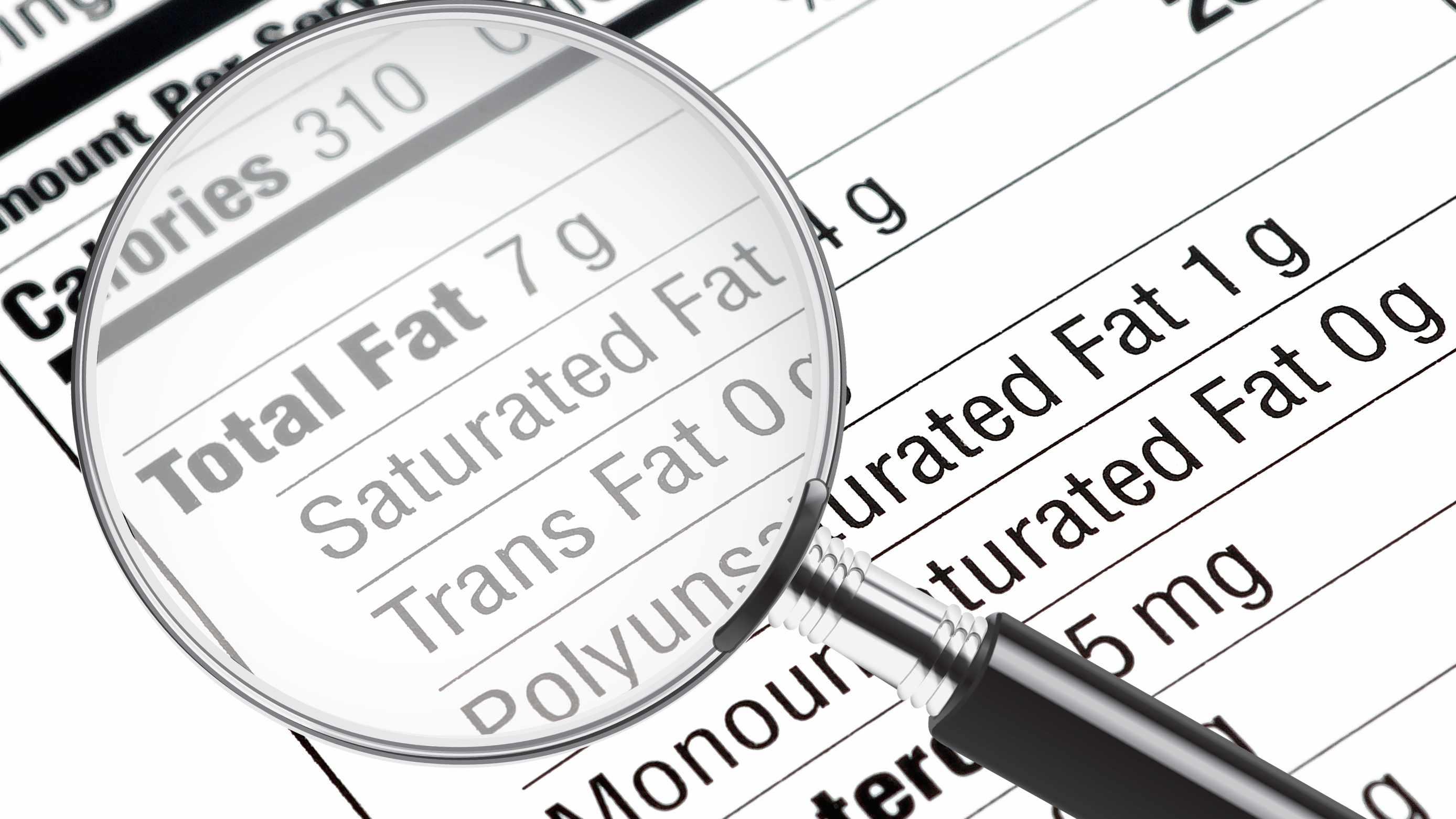-
Cardiovascular
New York trans fat ban linked to decline in heart attacks, strokes
 A new study has revealed lower rates of heart attack and stroke in New York communities where trans fats are restricted in restaurant foods.
A new study has revealed lower rates of heart attack and stroke in New York communities where trans fats are restricted in restaurant foods.
"This is particularly important now, as the FDA is requiring that virtually all trans fats be phased out of the U.S. food supply," says Dr. Donald Hensrud, medical director, Mayo Clinic Healthy Living Program, who was not involved in the study. "If these results are replicated in the U.S. population, it will result in many fewer Americans experiencing a heart attack or possibly a stroke."
Yale researchers compared data from New York counties with and without restrictions on trans fats, also known as trans fatty acids, from 2002 to 2013. Study authors reported a 6 percent greater decline in hospital admissions for heart attack and stroke among people living in counties with trans fat restrictions versus those without.
"There are alternatives to trans fats," says Dr. Hensrud. "These counties in New York have demonstrated it is possible to implement industry changes that produce better health outcomes."
New York City was the first large city in the U.S. to restrict trans fats in eateries. Several New York counties followed with similar bans. The FDA plans nationwide restrictions on trans fats in 2018.
Most trans fats are made from oils through a food processing method called partial hydrogenation. The resulting product prolongs the shelf life of foods.
According to The Mayo Clinic Diet book, trans fats are in hardened vegetable fats and foods made from them, including many crackers, cookies, cakes, pies and other baked goods, as well as many candies, snack foods and french fries.
Trans fats increase bad (LDL) cholesterol, lower good (HDL) cholesterol, affect the lining of the arteries adversely and increase inflammation in the body. These risks have been linked to increased cardiovascular disease and higher overall mortality.
"There are no health benefits, and there are documented risks with trans fats," explains Dr. Hensrud. "The fewer trans fats we consume, the better for our health."







